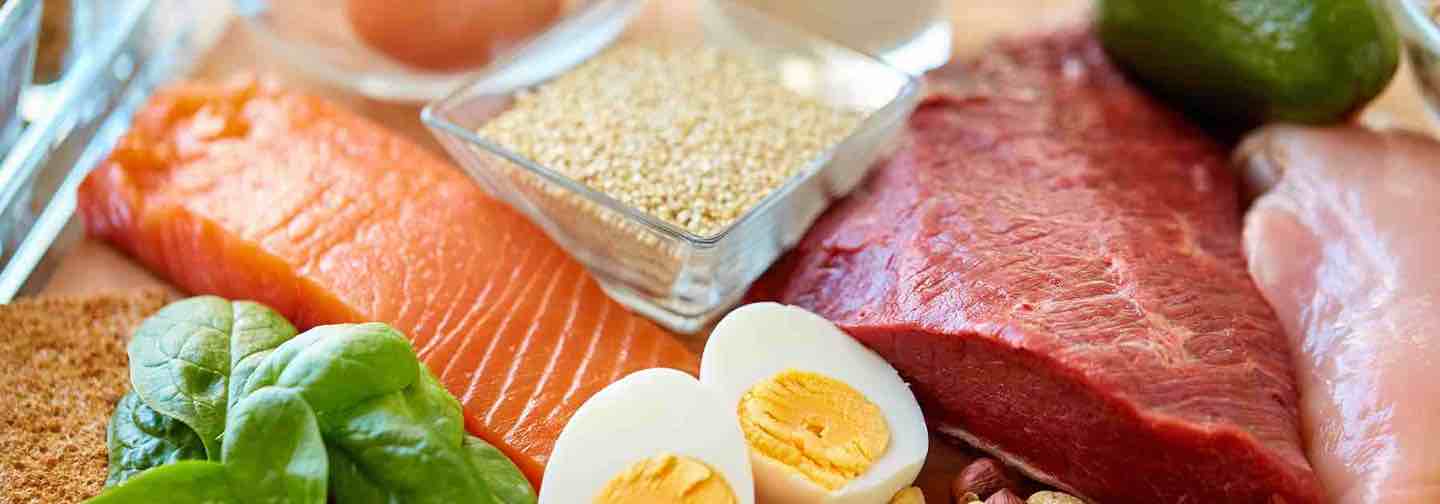At Pharmaesthetics Central, we understand how challenging it can be to manage your weight while still feeling satisfied after meals. Many people assume that eating low-calorie meals means sticking to small portions or bland foods, but that does not have to be the case. By focusing on nutrient-rich ingredients and balancing your intake of protein, fibre, and healthy fats, you can create meals that support weight loss while keeping you energised and full.
In this guide, we explain what makes a low-calorie meal effective, the types of foods to include, and how to build a healthy eating plan that works for your lifestyle. We also discuss how our nutritionists and weight loss specialists can support you if you are struggling to see results or need additional guidance.
What Makes a Low-Calorie Meal Satisfying
Low-calorie meals are designed to help you reduce your energy intake without feeling deprived. The key to success is choosing foods that are high in nutrients while remaining relatively low in calories. When your meals are balanced, your body receives the vitamins, minerals, and macronutrients it needs, helping you stay fuller for longer and avoiding energy crashes.
A satisfying low-calorie meal often combines three main components: lean protein, fibre-rich carbohydrates, and a moderate amount of healthy fats. When these elements are included in the right proportions, they help regulate appetite, stabilise blood sugar levels, and keep you feeling satisfied between meals.
The Role of Protein in Low-Calorie Meals
Protein plays a central role in keeping you full and supporting healthy weight management. It takes longer to digest than carbohydrates, meaning it can help control hunger and reduce the likelihood of snacking later in the day. Including lean sources of protein in your meals can also help maintain muscle mass while losing weight, which is important for keeping your metabolism active.
Some good options include skinless chicken, fish, tofu, eggs, lentils, beans, and low-fat dairy products. By incorporating protein into each meal, you provide your body with the building blocks it needs to stay strong and satisfied while keeping your calorie intake under control.

Why Fibre Matters for Staying Fuller for Longer
Fibre is another essential component of healthy low-calorie meals. Foods high in fibre take longer to digest and can help regulate blood sugar levels, preventing spikes and crashes that often lead to cravings. Fibre-rich meals add bulk to your plate without adding excess calories, making them particularly helpful when you are trying to manage portion sizes.
Great sources of fibre include vegetables, fruits, whole grains, beans, and pulses. Aim to fill at least half your plate with vegetables or salad where possible. Not only do they provide essential vitamins and minerals, but they also make your meals feel more substantial without increasing the overall calorie content.
The Importance of Healthy Fats
Although fats are higher in calories than protein or carbohydrates, including moderate amounts of healthy fats in your diet is important for satiety and long-term health. Foods like avocado, olive oil, nuts, and seeds can make meals feel more satisfying and prevent feelings of deprivation when eating fewer calories.
The key is balance. Adding a small portion of healthy fat to your meals can improve flavour, support nutrient absorption, and keep you feeling full without exceeding your calorie goals.
Tips for Building Low-Calorie Meals
Building effective low-calorie meals is less about strict rules and more about making smarter choices. Here are some practical tips to help you create meals that are both healthy and filling:
-
–> Start with lean protein to support satiety and preserve muscle mass
-
–> Fill half your plate with vegetables or salad for volume and nutrients
-
–> Choose high-fibre carbohydrates like whole grains or beans instead of refined options
-
–> Include small amounts of healthy fats to add flavour and balance
-
–> Limit highly processed foods, which are often high in calories but low in nutrients
-
–> Stay hydrated, as thirst is often mistaken for hunger and can lead to unnecessary snacking
By focusing on food quality and nutrient density, you can create meals that work for your goals without feeling restricted.

When Low-Calorie Eating Isn’t Enough
For some people, even carefully planned low-calorie meals and lifestyle changes are not enough to achieve meaningful weight loss. Factors such as hormonal imbalances, insulin resistance, and slower metabolism can make progress more challenging, even when you are doing everything right.
At Pharmaesthetics Central, our team of nutritionists and weight loss specialists can help you identify potential barriers and explore tailored solutions. During a consultation, we assess your overall health, eating habits, and goals to create a personalised approach that works for you.
For patients who continue to struggle despite making dietary and lifestyle adjustments, we may also discuss prescription treatments such as Wegovy or Mounjaro. These medications work by regulating appetite and supporting more effective calorie control. When used alongside balanced eating habits, they can be an effective part of a long-term weight management plan.
Support from Pharmaesthetics Central
Creating healthy low-calorie meals is an excellent place to start when working towards your weight loss goals, but sustainable success often requires more than diet changes alone. At Pharmaesthetics Central, we provide expert guidance to help you make informed choices about your nutrition and, where appropriate, explore other safe and effective weight loss options.
Our specialists are here to support you with tailored advice, meal planning strategies, and access to clinically proven treatments if needed. By combining the right approach to food with professional support, you can achieve results that are both realistic and sustainable.
Book Your Consultation Today
If you are ready to take the next step in your weight loss journey, book a consultation with Pharmaesthetics Central today. Whether you need help building a balanced meal plan, exploring treatment options, or understanding how to manage your calorie intake effectively, our team is here to guide you every step of the way.

Together, we can create a personalised strategy that supports your goals, helping you achieve long-lasting results without feeling deprived. Reach out today to learn more about our weight loss and nutrition services.
This blog was written on behalf of Pharmaesthetics Central by Pharmacy Mentor.

